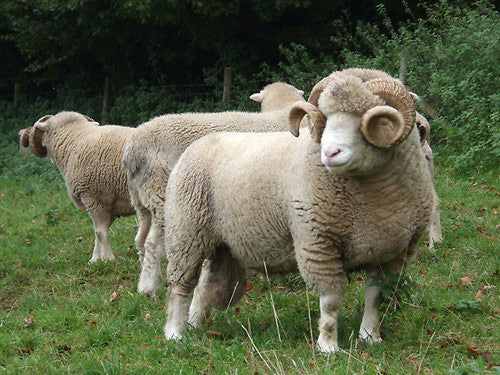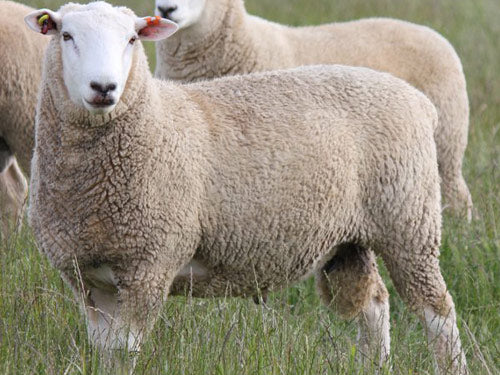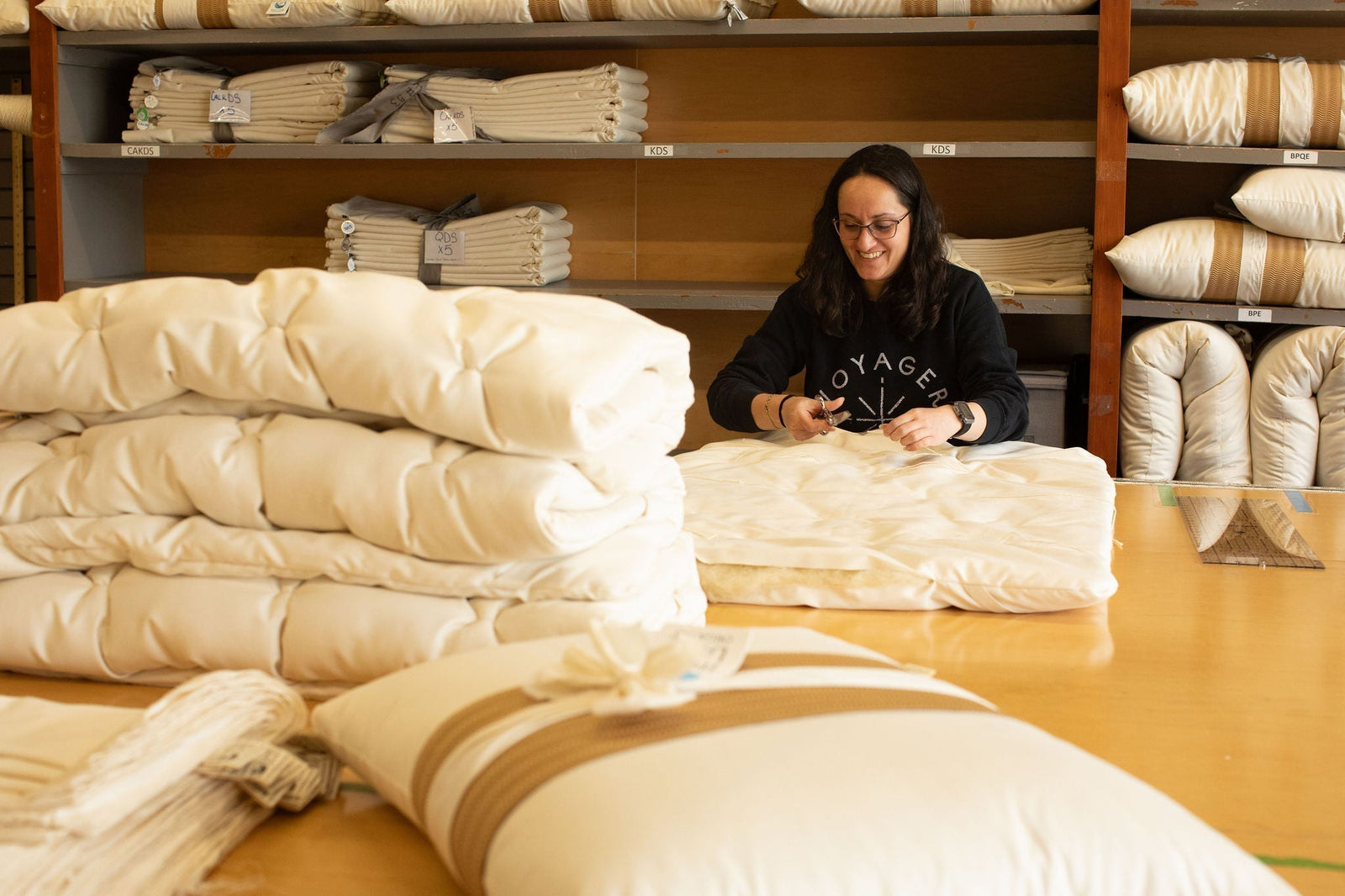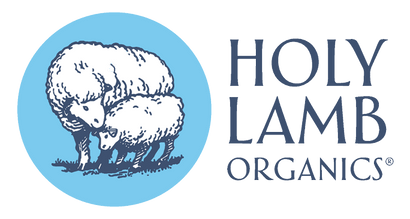Add description, images, menus and links to your mega menu
A column with no settings can be used as a spacer
Link to your collections, sales and even external links
Add up to five columns
Add description, images, menus and links to your mega menu
A column with no settings can be used as a spacer
Link to your collections, sales and even external links
Add up to five columns
The Sheep of Premium Eco Wool
March 23, 2016 2 min read

Let's take a closer look at the wool characteristics from seven different breeds of sheep that make up our Premium Eco Wool.






A popular breed with a heavy white fleece and medium wool grade, the Columbia wool brings a sturdiness to the mix.

Woolgatherer Carding Mill
Balancing all these wool fibers into a premium wool blend happens at the Woolgatherer Carding Mill. Our trusted, like-minded partners, the experts at the mill source the wool directly from family ranches in northern California and southern Oregon. We're proud of the work they do and our role in fostering the economy of local ranchers. We are also proud of the humane and ethical treatment the sheep receive, both those raised domestically for our premium eco wool and those raised in New Zealand for our GOTS-certified wool. Everyone wins when sustainability, best practices, and quality veterinary care and stewardship are at work.
Leave a comment
Comments will be approved before showing up.
Also in Blog

Helping Kids Get the Sleep They Need: A Back-to-School Sleep Guide
August 08, 2025 4 min read
If the summer break turned your little one into a night owl, don’t worry, you’re not alone. Many parents are wondering how to guide their children back into healthy sleep routines that support their growth, learning, and overall well-being.
The good news? With a few thoughtful changes and some cozy rituals, getting your kids back on track can be gentle, natural, and even enjoyable.

Plastic Free July: A Nudge Toward a Waste-Free World
July 18, 2025 4 min read
As summer heats up, so does a global conversation that’s close to our hearts at Holy Lamb Organics - Plastic Free July!
At Holy Lamb Organics, we believe true comfort shouldn't come at the cost of the Earth. Join us as we explore what Plastic Free July means, why it matters, and how small swaps—yes, even in your bedding—can lead to big change.

Conventional vs. Organic Bedding: Why Your Choice Matters
June 11, 2025 4 min read
When it comes to outfitting your bedroom with soft, comfortable bedding, the materials you choose can have a significant impact on the environment. In today’s world, where sustainability is more important than ever, making eco-conscious choices not only benefits your health, but also contributes to the well-being of our planet.
Subscribe
Sign up to get the latest on sales, new releases and more …
